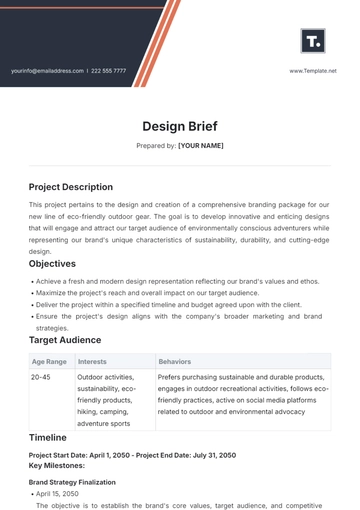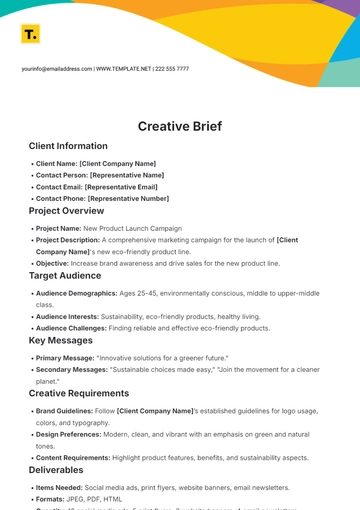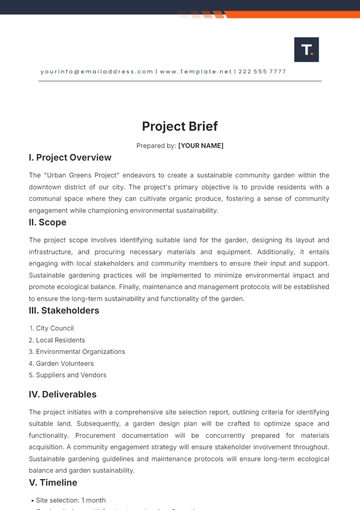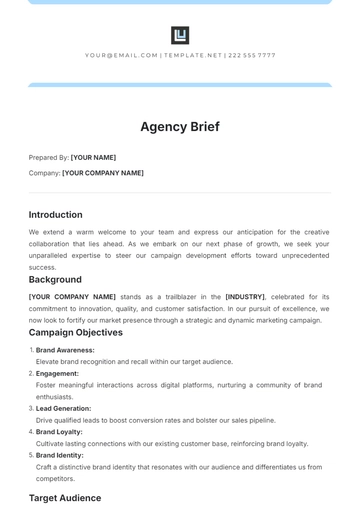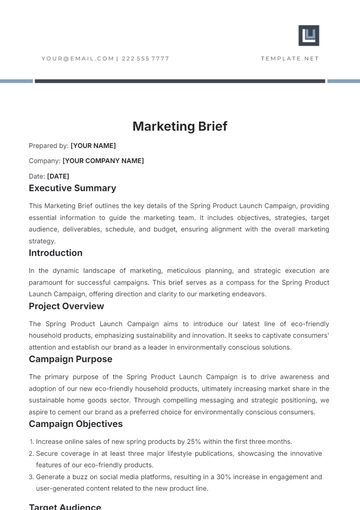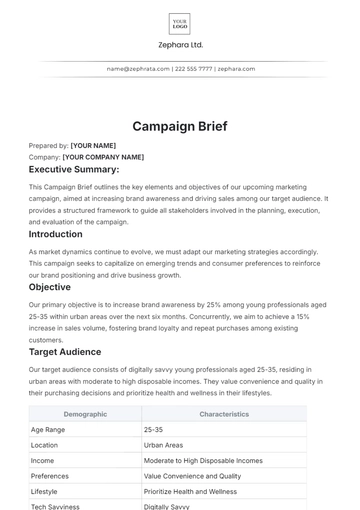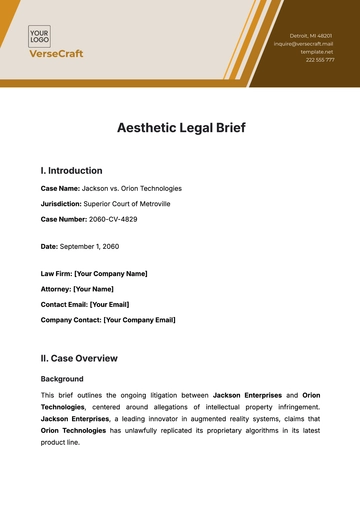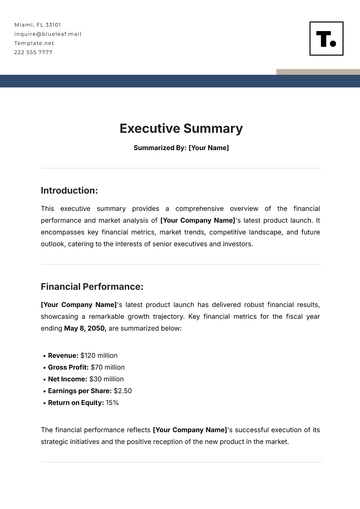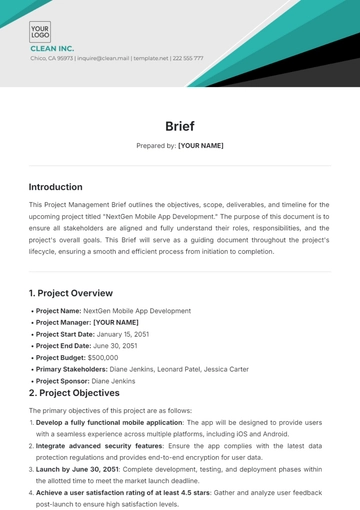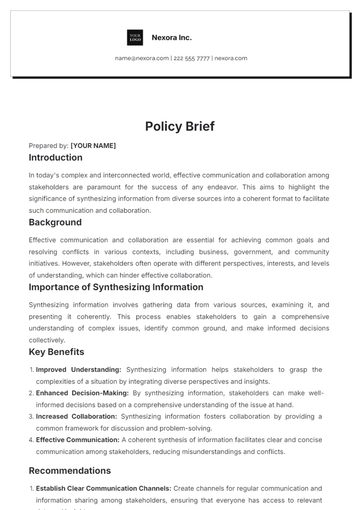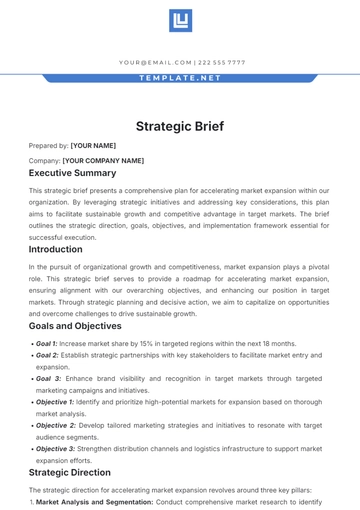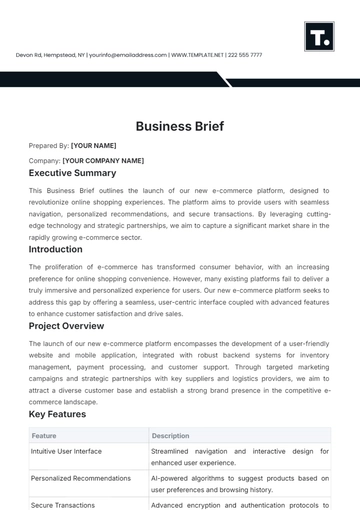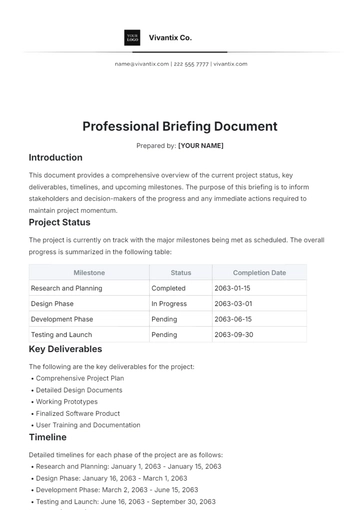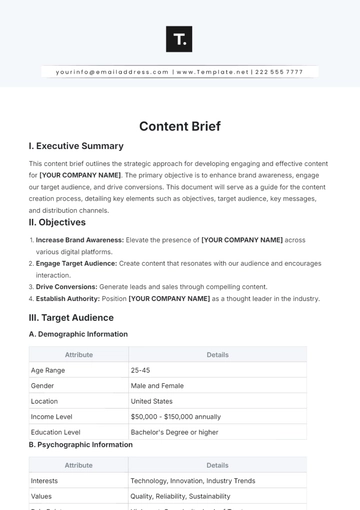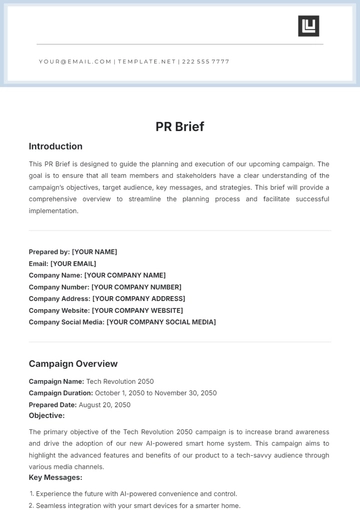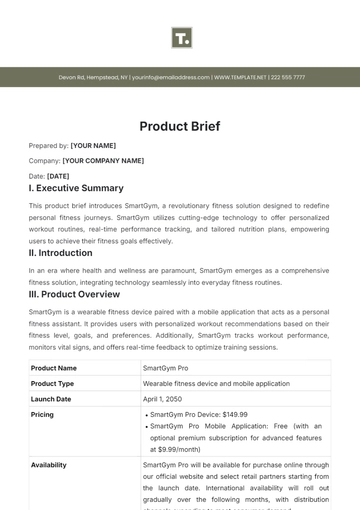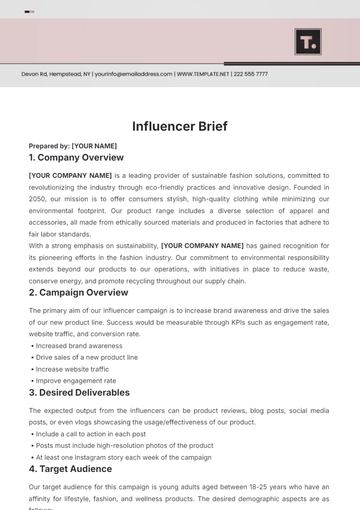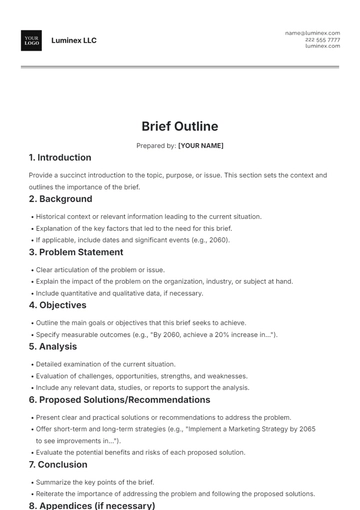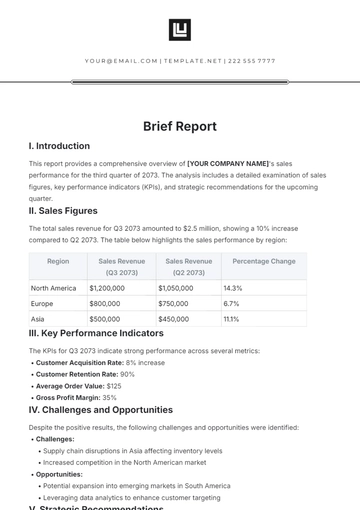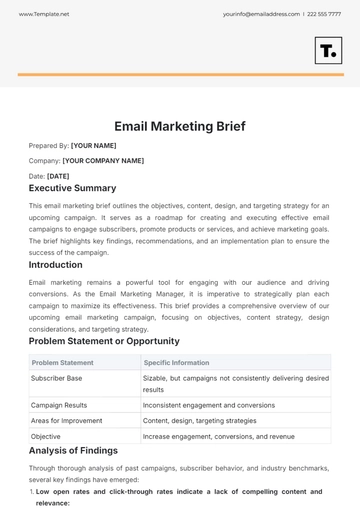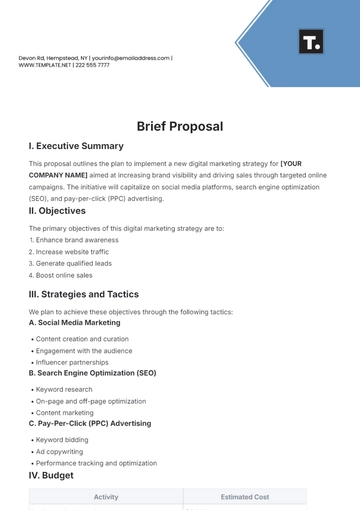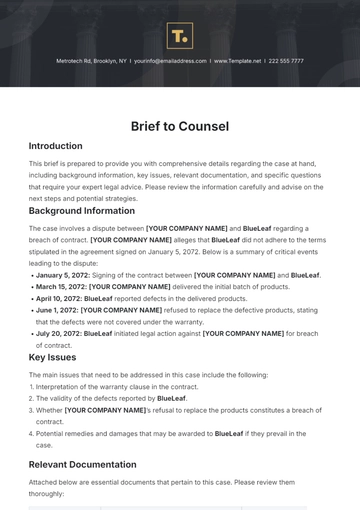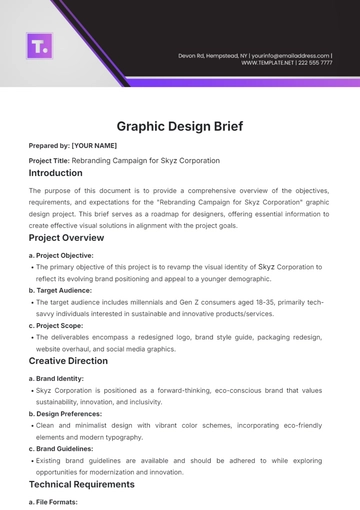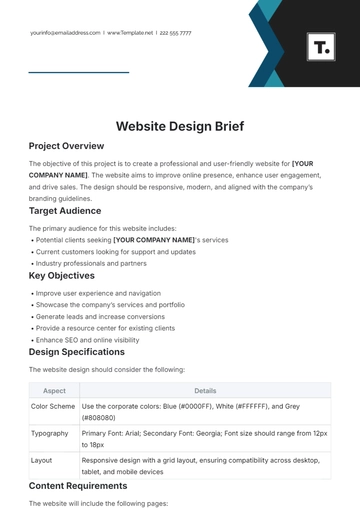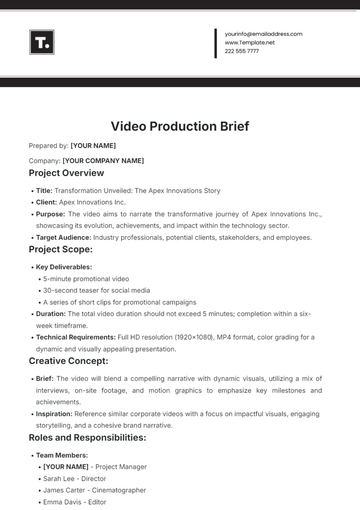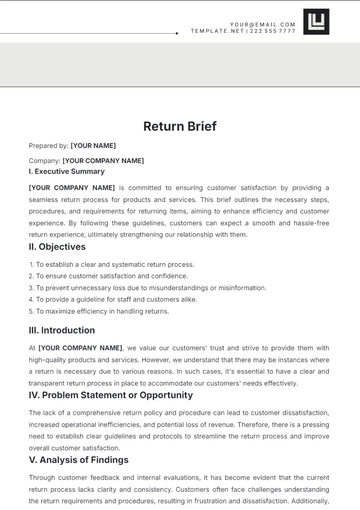Free Professional Issue Brief
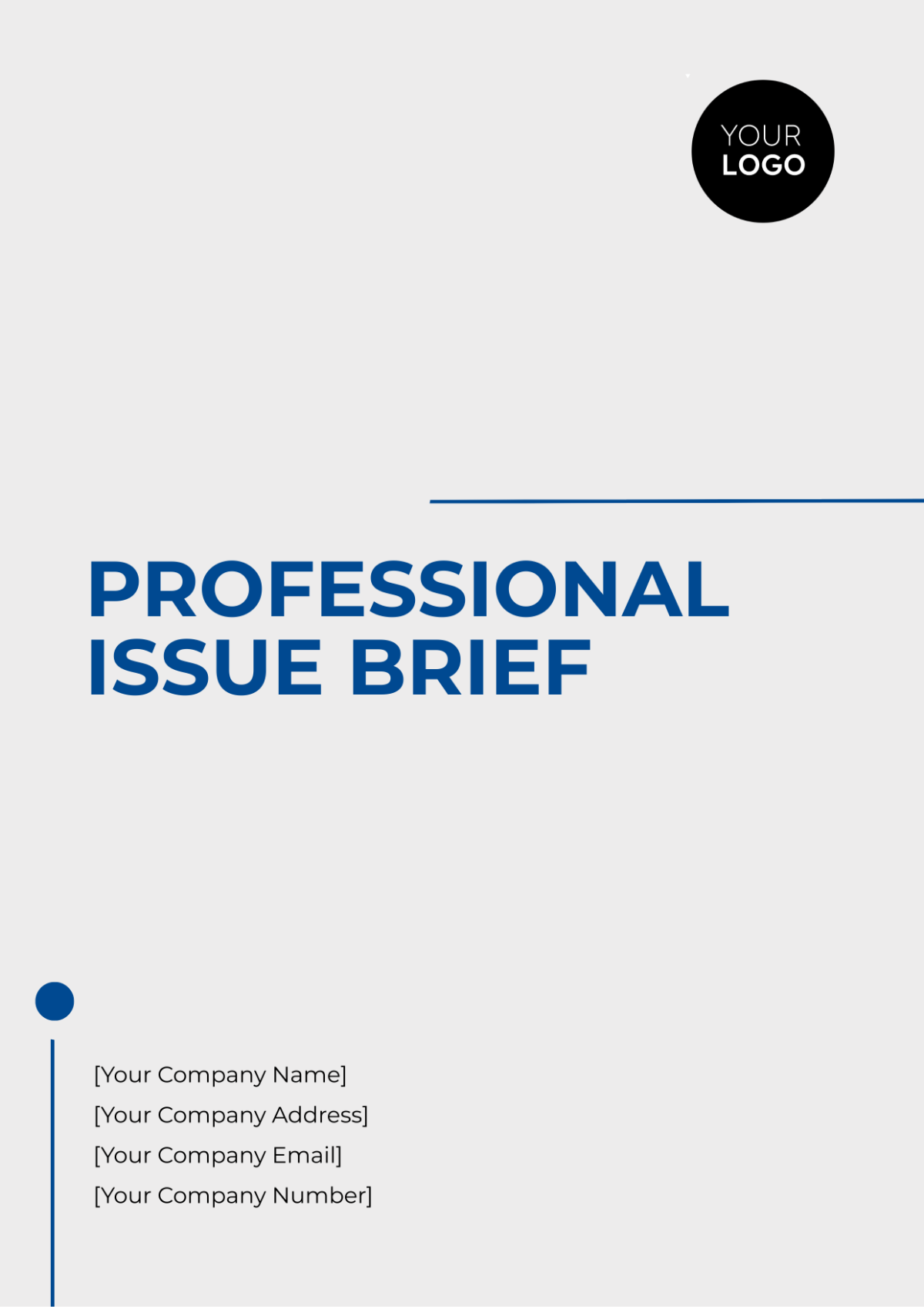
I. Introduction
[Your Company Name] is committed to staying at the forefront of legal developments and providing insightful analyses to our clients. This issue brief explores the evolving landscape of data privacy laws and their implications for businesses in the year 2060.
II. Contextual Overview
Historical Background
The rapid advancement of technology over the past few decades has necessitated a reevaluation of data privacy laws. Historically, data privacy legislation has lagged behind technological developments, creating gaps that have prompted frequent regulatory updates.
Current Landscape
As of 2060, data privacy regulations are increasingly stringent, reflecting the growing public concern over personal data security. Governments worldwide have enacted comprehensive laws designed to protect individual privacy and regulate data handling practices.
III. Key Legal Developments
Recent Legislation
In the past year, several significant pieces of legislation have been enacted. These include:
Law | Jurisdiction | Date Enacted | Key Provisions | Impact |
|---|---|---|---|---|
Global Data Protection Act | International | January 2060 | Unified global privacy standards | Enhanced cross-border data security |
Tech Transparency Act | United States | March 2060 | Mandates disclosure of data usage | Greater corporate transparency |
Digital Privacy Enhancement Act | European Union | June 2060 | Stricter data access controls | Increased consumer control over data |
Regulatory Trends
Enhanced Enforcement Mechanisms: Governments are investing in advanced technologies to monitor compliance and enforce data privacy laws more effectively.
Cross-Border Collaboration: There is a noticeable increase in international cooperation to standardize data protection practices and share best practices.
IV. Implications for Businesses
Compliance Challenges
Businesses face several challenges in adapting to the new data privacy regulations:
Complex Regulatory Frameworks: Navigating multiple, overlapping data privacy laws requires substantial resources and expertise.
Increased Costs: Implementing compliance measures, such as advanced encryption and data audit systems, can be financially burdensome.
Strategic Considerations
To address these challenges, businesses should consider the following strategies:
Invest in Data Privacy Technology: Upgrading to state-of-the-art data protection systems can mitigate the risk of non-compliance.
Engage with Legal Experts: Consulting with specialized legal advisors can help navigate the complexities of new regulations.
V. Conclusion
The landscape of data privacy law in 2060 presents both challenges and opportunities for businesses. Staying informed about regulatory changes and investing in robust data protection measures are crucial for maintaining compliance and safeguarding client trust.
For further information and assistance in navigating these evolving legal trends, please contact:
Law Firm: [Your Company Name]
Email: [Your Company Email]
Contact Person: [Your Name]
Email: [Your Email]
This brief has been prepared by [Your Company Name], your trusted partner in legal analysis and advisory services.
- 100% Customizable, free editor
- Access 1 Million+ Templates, photo’s & graphics
- Download or share as a template
- Click and replace photos, graphics, text, backgrounds
- Resize, crop, AI write & more
- Access advanced editor
Introducing the Issue Brief Template by Template.net! Crafted for precision and efficiency, this editable and customizable template streamlines your brief creation process. Seamlessly tailor content to your needs with our AI Editor Tool. Elevate your communication effortlessly. Simplify your workflow today with Template.net's Issue Brief Template. Experience productivity at its finest.
